To celebrate the 40th anniversary of man's landing on the Moon, TechRadar looks at the technologies the space race has brought us.
1. Satellite TV
Modern life would be almost unthinkable without having hundreds of TV channels to keep us entertained - and it's NASA we have to thank.
It needed a way to communicate with astronauts in space, originally using high altitude balloons before eventually developing satellite communications technology in the 1960s.
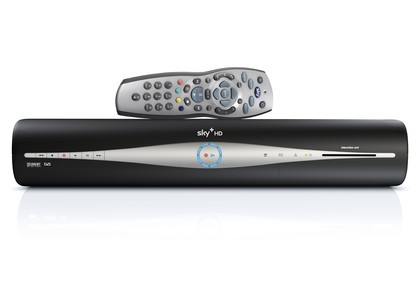
NASA even invented the humble satellite dish, one of over 1,600 spin-offs that come out of the US space programme.
2. Laptops
Seriously. The Shuttle Portable Onboard Computer (SPOC) made its debut in 1983, helping astronauts on board the space shuttle to carry out space navigation and other onboard functions and was designed to be tough and powerful.
Get daily insight, inspiration and deals in your inbox
Sign up for breaking news, reviews, opinion, top tech deals, and more.
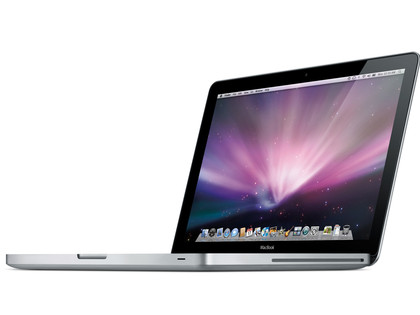
The laptop was developed for NASA by GriD Systems, the first ever model being created by employee, and Brit, William Moggridge in 1979.
3. The Dustbuster
Although the first cordless power tool was invented by US firm Black and Decker in 1961, it was NASA who asked the company to develop a battery-powered drill astronauts could use to collect rock samples from the moon.
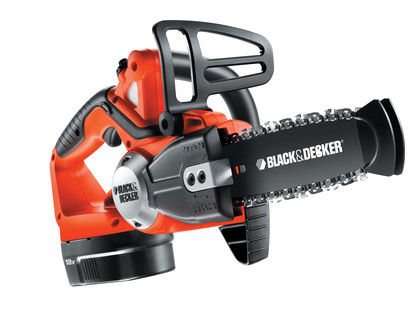
The tech know-how acquired during the project was commercialised by Black and Decker with The Dustbuster in 1979, and is the basis for many of the portable power tools we use today, such as the Black and Decker cordless chainsaw above.
4. Smoke/carbon monoxide detectors
Now used to detect gas leaks in many of our homes, this was originally developed to detect toxic fumes and fire on board the Skylab space station in the early 1970s.
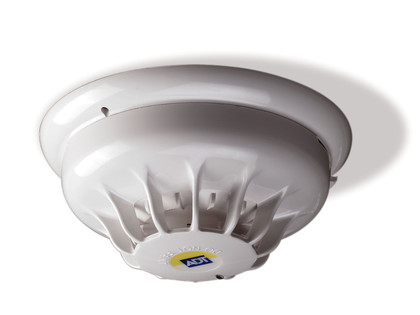
NASA didn't invent the whole shebang, but it did make the devices much more reliable by enabling them to tell the difference between toxic fumes and ordinary water vapour using non-dispersive infrared spectroscopy.
5. Telemedicine
From programmable pacemakers to blood pressure monitors, the space program has been responsible for dozens of healthcare applications all designed to help astronauts stay healthy.
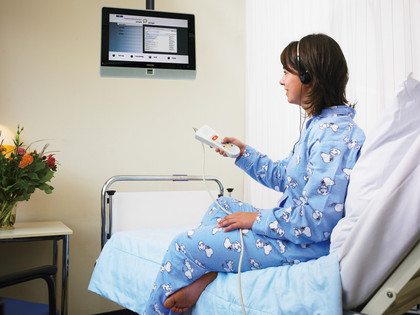
Of these, telemedicine - the ability to monitor a person's health remotely - will arguably have the biggest impact in future. It's already big business in the US, and the NHS is trialling possible uses for it here.
- 1
- 2
Current page: Satellite TV, smoke detectors and more
Next Page The joystick, sat nav, 3D graphics and more